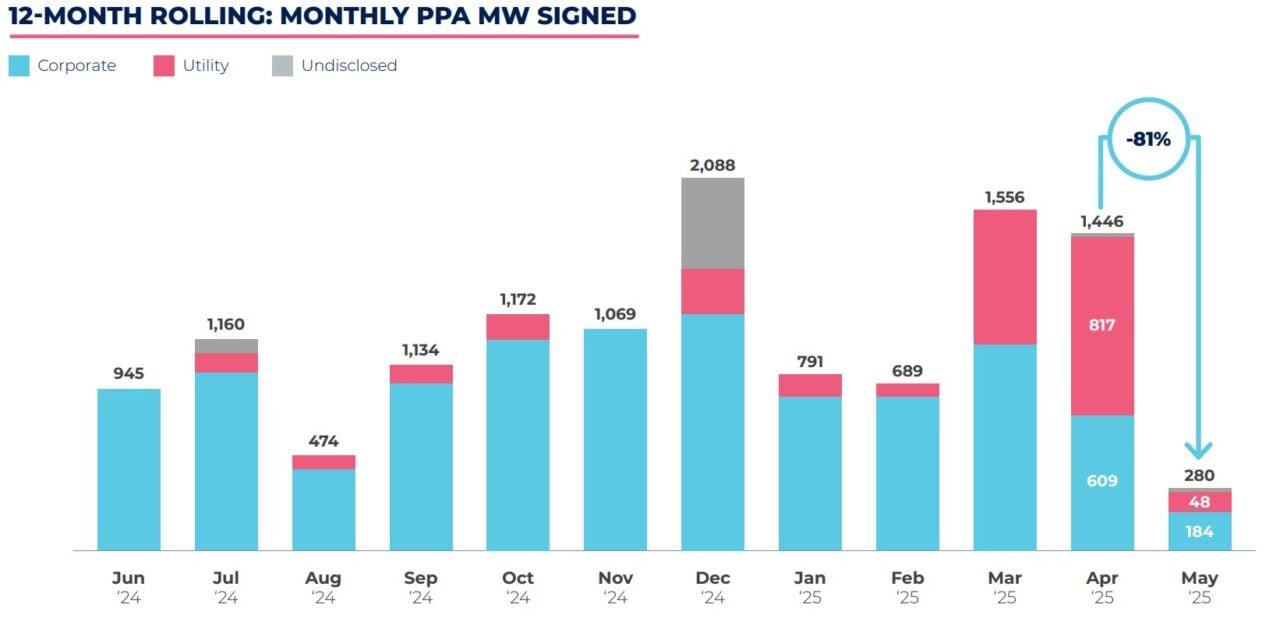A recent study by Geotab shows that electric vehicle (EV) batteries can last up to 20 years, significantly outlasting the average gas-powered car, which has a lifespan of approximately 14 years in the United States. The research analyzed data from over 10,000 electric vehicles and found that EV batteries degrade at a minimal annual rate of 1.8%. This degradation means that even after two decades of use, an electric car retains about 64% of its original range.
In Japan, the $7,000 Mibot electric micro-car has surpassed Toyota’s EV sales, highlighting a shift in consumer preferences toward compact, urban-centric vehicles. Standing under 1.5 meters tall, the Mibot offers a range of 100 kilometers and a top speed of 60 km/h, with standard outlets allowing for a five-hour charging time. Production is set to begin in October at a new factory in Hiroshima, with plans to deliver 300 vehicles by March 2026 and an additional 3,000 across Japan.
The electric vehicle market is also expanding in the United Arab Emirates (UAE), where fully electric cars accounted for 10% of the value of imported vehicles in 2024. When including hybrids and plug-in hybrids, over a quarter of the market is shifting towards battery-powered vehicles. This trend raises questions about the future of oil exports from nations that historically have depended on crude oil, as their transition to electric vehicles may weaken demand for fossil fuels.
Despite the growth in electric vehicles, environmental concerns remain regarding the production processes for new cars. A study in Switzerland suggested that due to the substantial environmental impact of manufacturing new vehicles, keeping older gas cars until they are no longer functional may sometimes be the better option. The report indicated that replacing over 90% of petrol and diesel cars with electric counterparts would result in immediate CO₂ savings, opening a debate on whether to prioritize EV adoption or extend the life of existing vehicles.
China currently faces an oversupply in electric vehicle battery production, with its manufacturing capacity being twice the domestic demand and 1.2 times the global demand. This excess may lead to increased competition and price reductions in the battery market, impacting global manufacturing strategies.
In the U.S., Tesla is addressing a significant issue regarding its HW3 computers, which were initially claimed to be fully capable of enabling self-driving. CEO Elon Musk acknowledged that these computers are not powerful enough for unsupervised driving capabilities, prompting discussions about whether Tesla should upgrade these systems across approximately 4 million cars or compensate their owners.
Ford is also making strides in the EV market as it develops an affordable electric vehicle platform aimed at matching the production costs of leading Chinese manufacturers. This approach includes not just battery pricing but encompasses full system costs, including chassis and thermal systems.
The increasing popularity of electric bicycles is prompting safety discussions as well. The American College of Surgeons reported over 20,000 annual injuries related to electric bike usage, with around 3,000 hospitalizations. They advocate for policies at various levels to ensure safe riding practices and reduce these incidents.
As the renewable energy sector evolves, these developments in electric vehicles and related technology signify a critical shift toward sustainable transport solutions and the potential impacts on the environment and energy markets.



